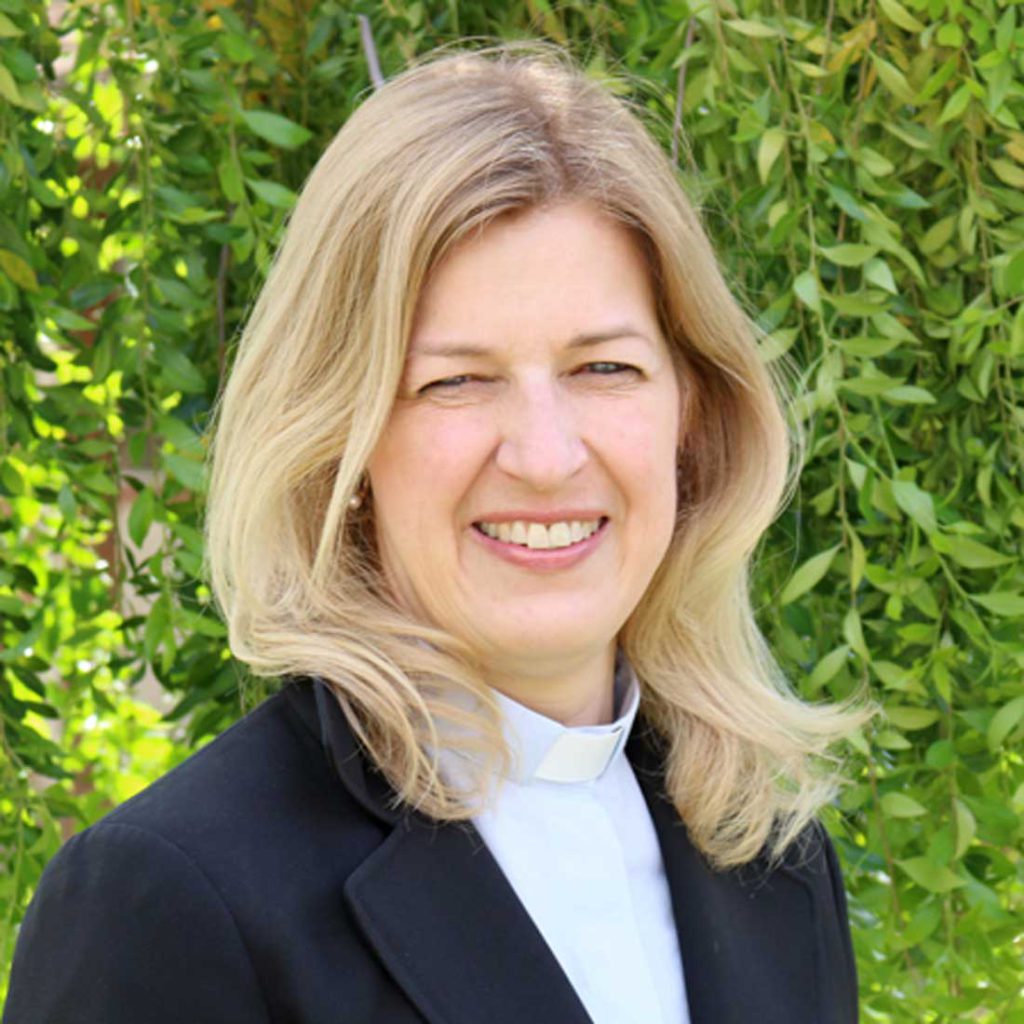Often when we meet other people, we exchange information about what we “do”—our work, our job, our studies, our recreational activities, hobbies, family obligations and more. Our lives have much doing in them, and that is good and what we’re made for.
Just as much, though, we are made to “be.” I don’t think I’ve ever had an introduction to someone in which we shared right away with each other our practices of contemplation or meditation. Many do not have such a practice; others are shy or private about sharing their practice. Yet how we learn to “be” is the other part of the rhythm of a life worth living. For the spiritual journey of life, we need both compassionate action and contemplative practice.

Western religious traditions often refer to contemplation, whereas Eastern religious traditions often refer to meditation. While there are many and varied practices of contemplation and meditation, they are all part of long traditions that ground human beings in unity with divine being, harmony and love.
If this is new for you but you have an interest in this, ask your own local faith community members and leaders about contemplative or meditation practices that they teach.
Our fractious, polarized world needs people who can see and act on new ways of relating and being. In the contemplative practices taught by my Christian tradition, the Spirit of God frees us from taking sides and allows us to remain content in the partial darkness of every situation long enough to let it teach, broaden and enrich us. Silence surrounds every “I know” with a humble and patient “I don’t know.” It protects the autonomy and dignity of events, persons, animals and all created things.
Contemplation works with our amazing, unmatched human consciousness. Through periods of restful awareness, we gain capacities of seeing and listening and acting with compassion in all our periods of activity. People who alternate between contemplation and action, in daily and weekly patterns, often are transformational leaders in their families, communities, schools, workplaces, and sometimes even nations and the world.
Contemplative practice can sometimes reveal to us a nonviolent “new way” like that of Jesus, in which we do not react violently to evil, do not counter evil in kind, do not let evil dictate the terms of our opposition, do not let violence lead us to mirror our opponent. Rather, a creative, active step forward in love can reveal truth for oneself and for the community. That is action that flows from contemplation. Action like this is serious engagement with the suffering of the world, beyond our own in-groups and affinities.
What about you, dear reader? What contemplative practices are you engaged in, or are you open to learn? May you be supported by God growing peace within you, your home, and our community.
Rev. Anita R. Warner (pa*****@*************an.org) serves as Pastor of Advent Lutheran Church in Morgan Hill and is a founding member of the Interfaith Clergy Alliance.








